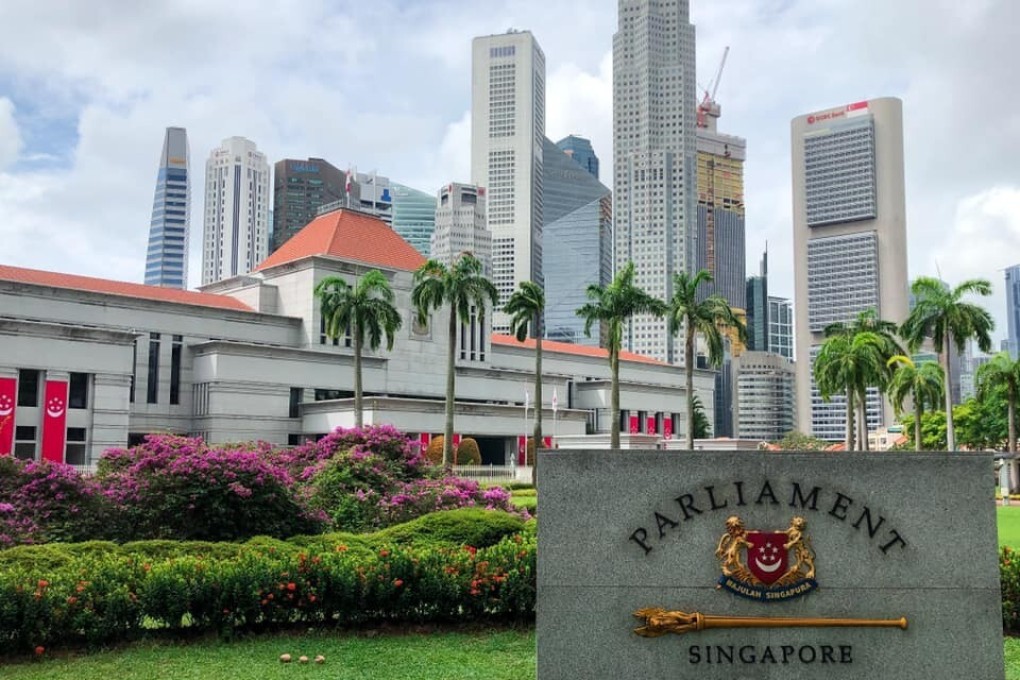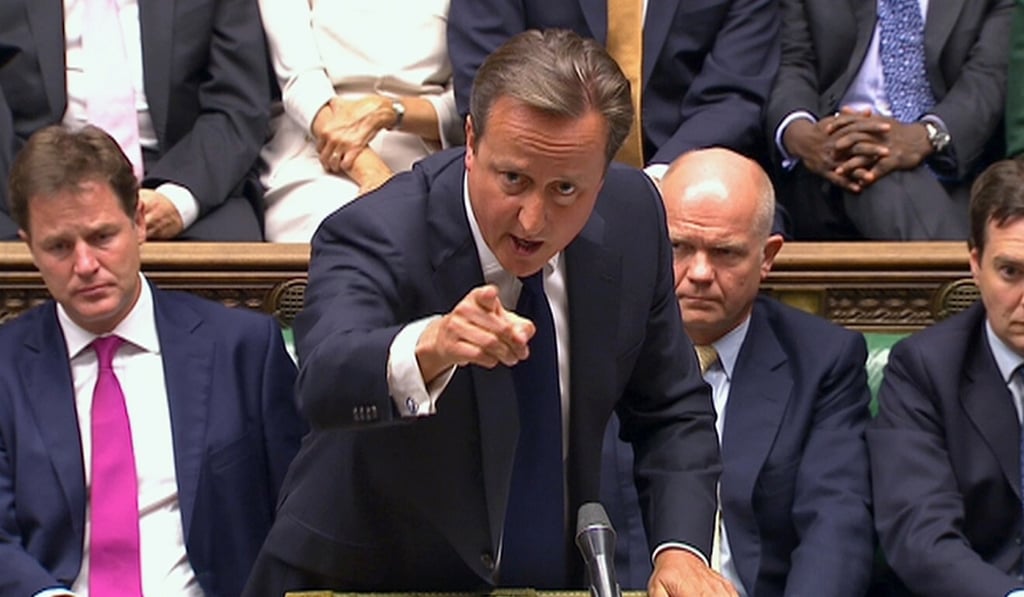Advertisement
Opinion | PAP U-turn on live-streaming Singapore’s parliament is a win for democracy
- For a demonstration of why, look no further than British politician Hilary Benn’s tour de force speech in favour of air strikes in Syria in 2015
- It is a fundamental right of citizens, having voted MPs into office, to be able to bear witness in real time to debates that will directly impact their lives
Reading Time:3 minutes
Why you can trust SCMP

One doesn’t often reminisce about dank December afternoons in London. But last week I found myself doing just that, recalling the events of December 2, 2015.
I was a postgraduate student and thought it would be interesting to head over after classes to the nearby Westminster Palace.
Anti-war protesters were gathering in large numbers outside the centuries old home of Britain’s two houses of parliament, brandishing large “Don’t Bomb Syria” banners.
Advertisement

Inside the packed House of Commons, Prime Minister David Cameron’s government was locked in fierce clashes with the opposition over plans to conduct air strikes in Syria, against Islamic State.
Advertisement
The opposition Labour Party’s leader Jeremy Corbyn was forced by divisions in his party to give his MPs a free vote. Corbyn’s hard-left allies were ardently anti-war like him, but many others in the Labour Party thought the air strikes were necessary for humanitarian reasons.
Advertisement
Select Voice
Select Speed
1.00x
